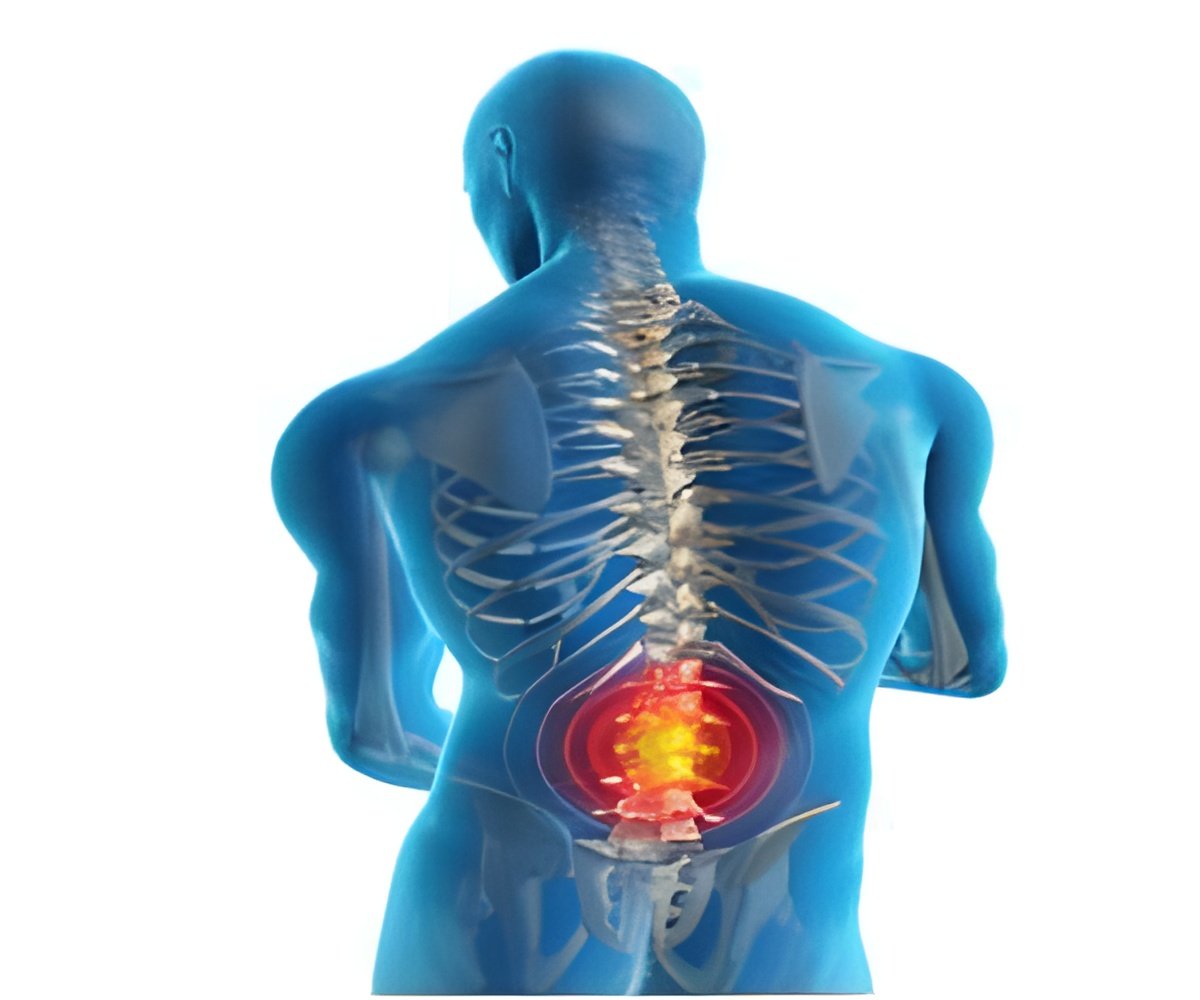An important gene affecting chronic pain sensitivity has been identified by researchers.

The amino-acid change is known to affect only one function of P2X7 receptors – the forming of pores that permit large molecules to pass through – while leaving intact the other function, of allowing much tinier ions to flow through. Using a peptide that targets pore formation only, the researchers found that pain behaviours were dramatically reduced.
The scientists then examined genetic differences among human patients suffering from two distinct types of persistent pain: chronic post-mastectomy pain and osteoarthritis. In both cases, they found that individuals with genetically inherited low pore formation in P2X7 receptors experienced lower pain levels.
"Our findings indicate that it may be possible to develop drugs that block pores in this crucial receptor, while leaving its other function intact – thereby killing pain while minimizing side effects," said Prof. Mogil, E.P. Taylor Professor of Pain Research in McGill's Department of Psychology.
Prof. Salter, Anne and Max Tanenbaum Chair in Molecular Medicine at SickKids, said these discoveries "point toward a new strategy for individualizing the treatment of chronic pain." Scientists from the U.S. and Israel also contributed to the study.
Source-Eurekalert












